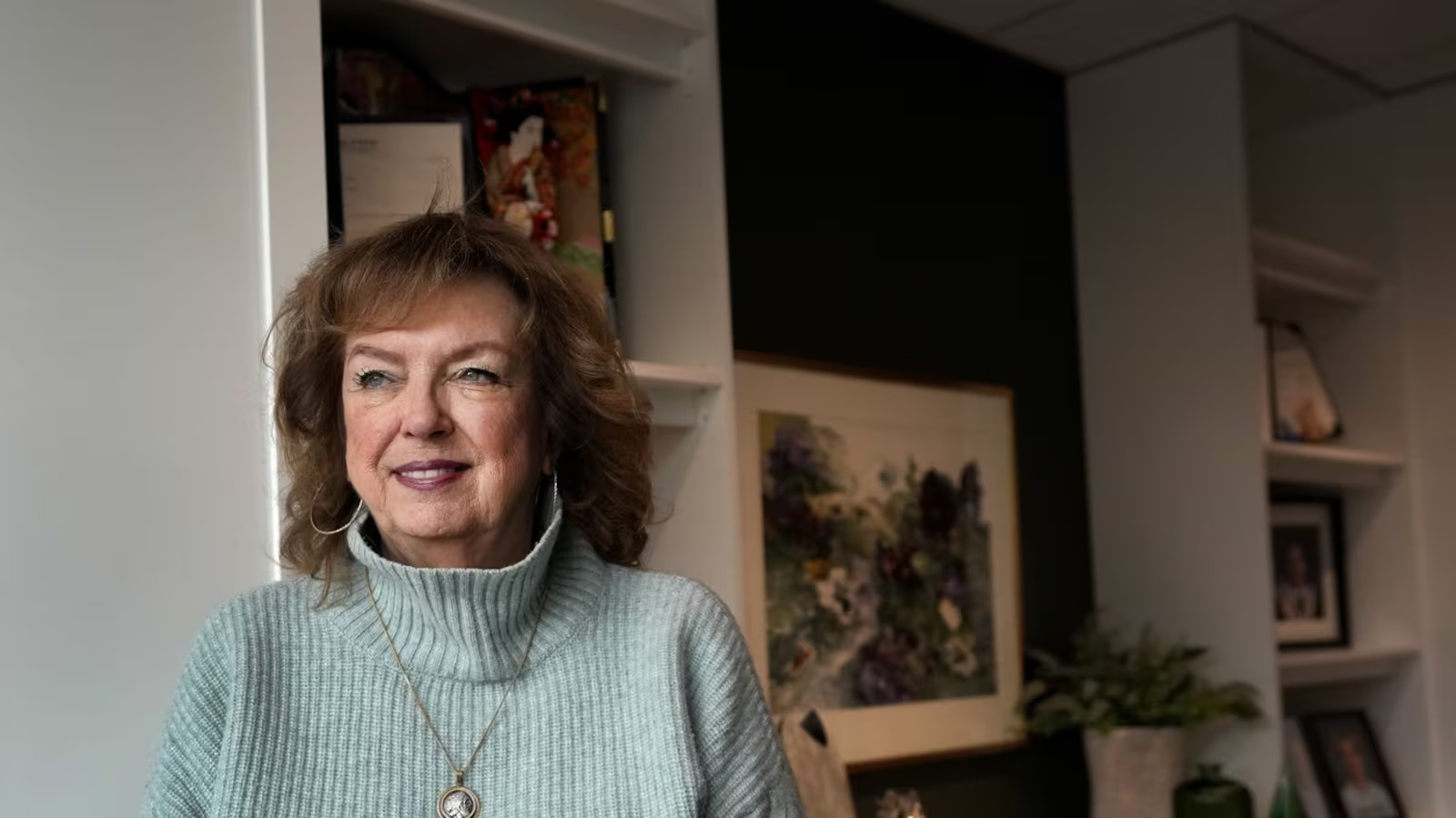When Carolyn Parrish resigned from the Peel Police Services Board last year, citing the need to openly oppose the largest budget increase in the force’s history, many were caught off guard. But for those familiar with her decades-long political career, it was classic Parrish—direct, defiant, and unafraid of controversy.
Now 78, the former Member of Parliament and longtime Mississauga politician has never shied away from taking a stand. Her departure from the board, she explained, was not a choice but a necessity.
“You have to sign a pledge when you join the police services board never to publicly disagree with its decisions,” she said in an interview from her Mississauga office. “I had no choice but to resign.”
That decision set the tone for her early tenure as Mississauga’s mayor. Elected in June 2024 following Bonnie Crombie’s departure to lead the Ontario Liberal Party, Parrish has approached her new role with the same outspokenness that has defined her career.
Parrish’s foray into politics began in the 1980s after a confrontation with her children’s school principal prompted her to attend Peel District School Board meetings. That experience led her to run for trustee in 1985, launching a political career that would take her from municipal to federal politics and back again.
Elected as a Liberal MP in 1993, she left the party a decade later after being expelled from caucus over her sharp criticisms of then-Prime Minister Paul Martin and her controversial remarks about U.S. foreign policy. Returning to municipal politics, she served on Mississauga’s city council before winning the mayoral byelection last year.
Despite spending four decades in public service, she insists she isn’t done yet. With her sights set on securing a full term in 2026, Parrish says she has unfinished business.
“I have lots of things I want to finish,” she said.
Parrish campaigned on limiting her use of the so-called “strong mayor” powers granted by the province, which allow mayors to override council decisions and make key appointments unilaterally. However, within her first week in office, she wielded those powers decisively—firing the city’s chief administrative officer and appointing interim department heads.
She later returned hiring and firing authority to the city’s new permanent CAO, Geoff Wright, but her early use of the powers raised eyebrows.
Mississauga, home to nearly 800,000 residents, faces mounting challenges, including rising housing costs, traffic congestion, and increased property taxes. One of Parrish’s first initiatives as mayor was forming a housing task force with top developers in the Greater Toronto Area. The council has since approved its recommendations, which aim to deliver 124,000 new housing units by streamlining zoning laws, reducing development charges, and modernizing building standards.
“I’m really proud of it,” she said, adding that she was prepared to use her strong mayor powers again if council had resisted the plan.
True to form, Parrish’s blunt style has continued to stir controversy. In November, she came under fire for referencing Nelson Mandela while discussing Hamas leader Yahya Sinwar during a city council meeting.
“Your terrorist and somebody else’s terrorist may be two different things,” she remarked while defending the right of a local group to hold a vigil for Sinwar, which was ultimately canceled.
Though she denies equating Mandela and Sinwar, critics argue that her comments were poorly received in Mississauga’s diverse community.
“Mississauga is a very diverse place, and we have to be careful with our words,” said city councillor Alvin Tedjo, who ran against Parrish in last year’s election. “The comparison itself, I don’t think, is justifiable.”
Parrish, however, remains unfazed, pointing to her past visits to Israel and Gaza during her time as an MP as shaping her perspective.
Among Parrish’s biggest battles as mayor has been over Peel Region’s policing budget. Last fall, she strongly opposed the $144-million budget hike, calling it “unreasonable,” especially given that Mississauga taxpayers cover 62% of the cost.
Her efforts to scale back the increase failed. In January, Peel Regional Council approved the full 23.3% budget hike after hours of heated debate. Even some of Parrish’s own council members backed the increase.
“It was quite devastating to see members of my own council join the other team in the middle of a fight,” she said, adding that she had lobbied for a more modest increase of 14 to 18 per cent.
The approved budget, she warns, will drive Mississauga’s property taxes up by six per cent—without guaranteeing better policing outcomes.
“The impact on our taxpayers is going to be horrendous,” she said.
Brampton Mayor Patrick Brown, a member of the Peel Police Services Board, has defended the budget, arguing that public safety should take precedence over tax concerns. The additional funding, he insists, is necessary to address rising crime, including domestic violence cases.
Despite losing the budget fight, Parrish is not backing down. She now plans to push the province for greater transparency in police spending.
“The whole process of police budgets has to change,” she said. “There’s too much secrecy.
Whether admired or criticized, Parrish remains a formidable force in Mississauga politics. With the 2026 mayoral race on the horizon, she is determined to continue shaping the city’s future—on her own terms.
After 40 years in public office, she’s not ready to slow down. And if history is any indication, Mississauga’s outspoken mayor isn’t going anywhere without a fight.

